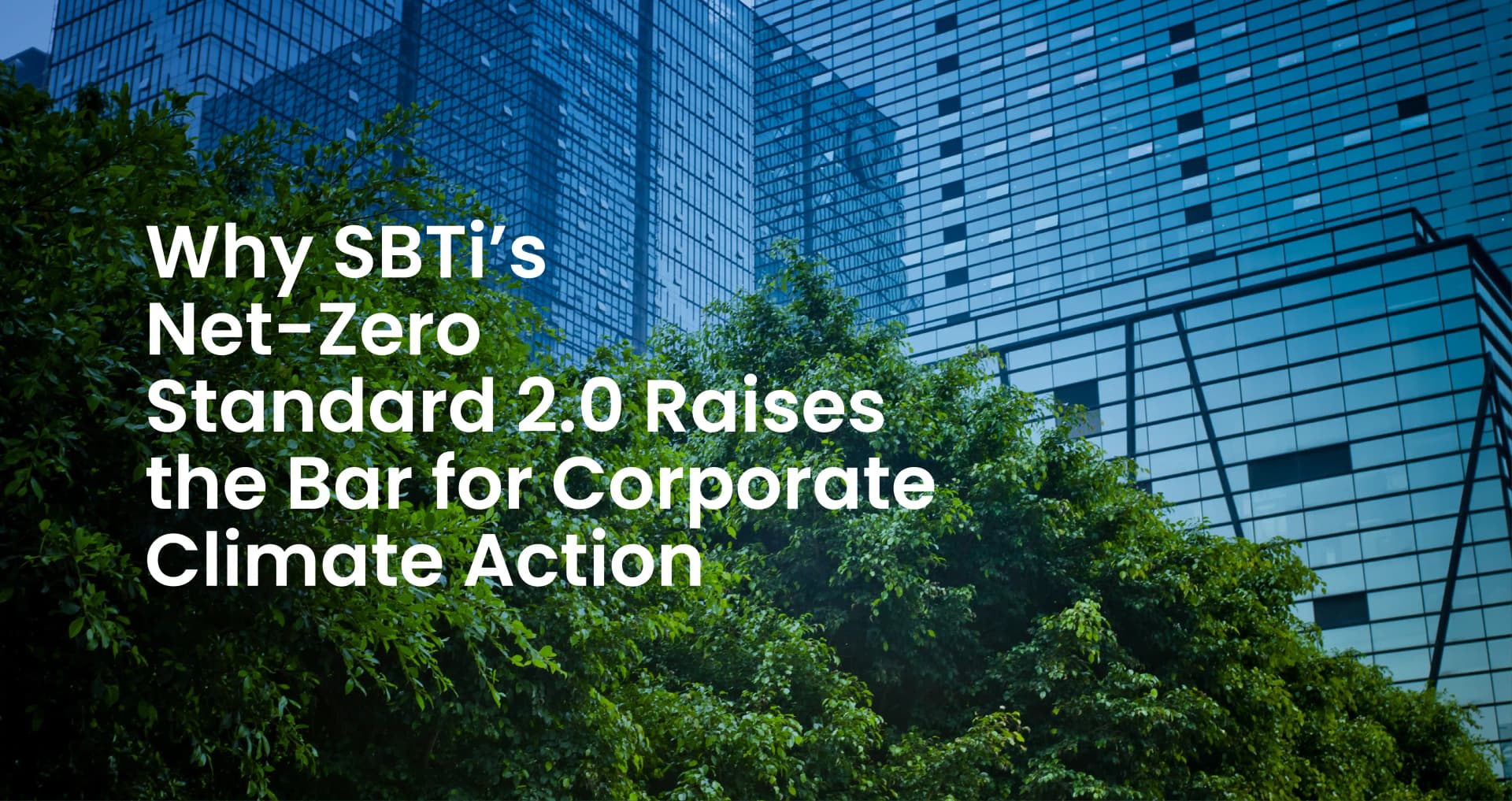What if India were to host COP33?

UAE has always been the poster child of progress and capitalisation due to the oil economy. This gives it even more reason to increase sustainability practices and lead the way for COP28. This is the first time that a stocktake of the Paris Agreement was discussed. Also, the loss and damage fund of a total corpus of $400 billion by 2030 has been initiated with a $700 million kick starter.
India bids for COP33 in 2028 straight off the heels of the successful G20 Summit in Delhi this year. Already, India has suggested that 45% of the intensity of the emissions will be brought down by 2030 by embracing and adopting climate action.
Hosting of COP
Every country wants to host COP in their city centres and display the modularity of facilities and infrastructure layouts. UAE sits on the cusp of post cultural and more modern sustainability cultures from indigenous methods. India hosting from an industrialised ecosystem on sustainability highlights adaptable behaviour.
Picture a large population of 87,000 people coming into register for the 12-day event. This is like a mini township of nearly one lakh people collecting in one city. Instead, a country like India should shape infrastructure for the future with the technological advances that gives us a better planet to live in the years to come.
The Declaration
The announcement that PM Modi made to reduce the intensity of emissions by 45% by 2030 and suggested that this would be less than net zero emissions by then. This proactive leadership at a global level also shows how the power centres have shifted and so has the conversation.
Who would have thought of oil rich economies hosting the COP28? This highlights their drive and vision to build a better future with better practices. Parties now work collectively as global and regional advocates as India is scaling up after the G20 summit.
We need to introspect and see what this amounts to and understand what India does differently from the west. India is among the top 4 economies of the world and is big in cultural and a humane people aspect. Currently, 17% of the world’s people reside in India and this accounts for just 4% of global pollution. At this stage, the parameters of leadership should be changed.


